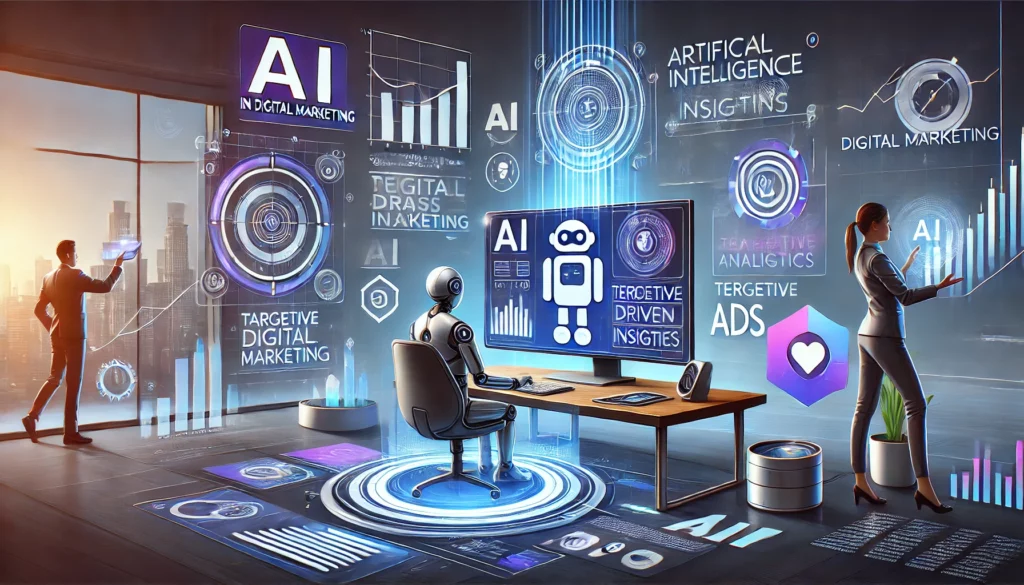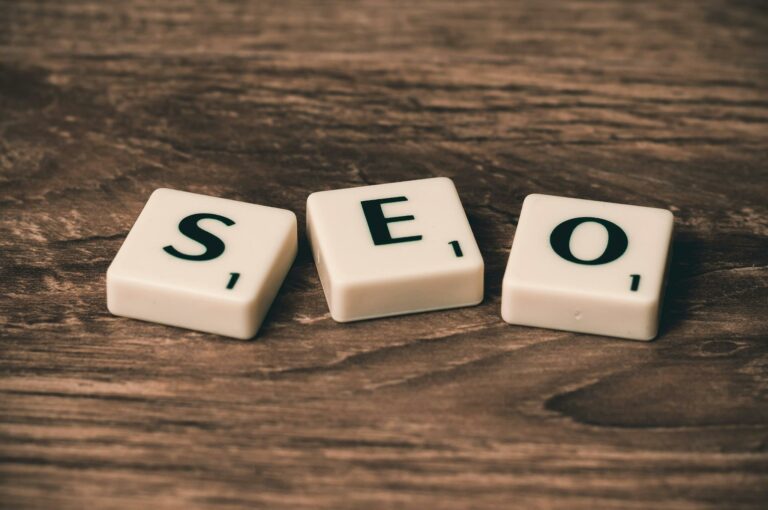Table Of Content
- What is AI in Digital Marketing?
- AI Digital Marketing Tools
- Examples of AI in Digital Marketing
- How to use AI in Digital Marketing
- Pros & Cons of AI Digital Marketing
- Common Skills Used in AI-Driven Digital Marketing
What is AI in Digital Marketing?
AI in Digital Marketing uses artificial intelligence technologies to improve and streamline various digital marketing activities, making them more efficient and targeted. With AI, brands can better understand their audience, personalize customer experiences, predict trends, and automate time-consuming tasks.
AI algorithms use data-driven insights to help businesses make smarter decisions, improve customer interactions, and increase ROI. AI-based marketing is no longer limited to large companies; small and medium enterprises also adopt AI to boost engagement and stay competitive.

AI Digital Marketing Tools
AI has created various tools that help marketers reach their audience more effectively. Here are some of the popular AI-powered tools in digital marketing:
- Chatbots: Many businesses use AI for customer support, ensuring quick, round-the-clock response to customer inquiries.
- Content Creation Tools: Tools like Copy.ai and Jasper AI can generate content for blogs, ads, and social media, helping marketers maintain consistency.
- Predictive Analytics Tools: Google Analytics and HubSpot use AI to predict user behaviour, identify trends, and suggest actions.
- Personalization Tools: Tools like Dynamic Yield allow marketers to tailor recommendations based on individual customer behaviour.
- Image and Video Recognition: AI-powered platforms like Cortex use visual data to analyse brand aesthetics and create appealing content strategies.
These AI tools help simplify and enhance the digital marketing experience by handling repetitive tasks and offering marketers deep insights.
Examples of AI in Digital Marketing
AI is already being used in multiple ways across the digital marketing spectrum. Here are a few examples:
- Chatbots for Customer Service: AI chatbots are highly efficient at managing customer queries, providing quick solutions, and collecting data for better personalization.
- Personalized Content Recommendations: Platforms like Netflix and Amazon use AI to offer recommendations based on users’ browsing history and preferences.
- Email Marketing Automation: AI-driven tools like Mailchimp and SendGrid can analyze customer behavior and send personalized emails at the right time.
- Targeted Advertising: AI is used in ad platforms like Google and Facebook to create highly targeted ads based on user interests, location, and online behavior.
- Voice Search Optimization: With voice assistants like Alexa and Siri, businesses optimize for voice search, tailoring content to match how users speak rather than typ
How to Use AI in Digital Marketing
AI has applications across the digital marketing landscape, from automation to data analysis. Here’s how you can leverage AI:
- Automate Repetitive Tasks: AI can help automate content scheduling, ad campaigns, and email marketing, allowing marketers to focus on strategy.
- Enhance Customer Engagement: You can keep customers engaged with your brand with AI-powered chatbots and automated emails.
- Optimize Ad Campaigns: AI can analyse data to determine the best timing, format, and audience for ad campaigns.
- Improve SEO Strategies: AI can help identify relevant keywords, analyse competitors, and suggest topic ideas, making SEO efforts more effective.
By integrating AI, businesses can refine their marketing strategies, create more engaging campaigns, and build stronger customer relationships.
Strengths and Limitations of AI in the Field of Digital Marketing
Strengths
- Efficiency: Automating tasks with AI reduces manual effort, making operations more efficient.
- Enhanced Personalization: AI helps deliver tailored experiences, increasing customer satisfaction and loyalty.
Data-Driven Insights:
- Data-Driven Insights: AI offers valuable, data-driven insights that simplify optimizing marketing strategies.
- Scalability: AI tools can handle large data volumes, allowing companies to scale operations without compromising quality.
Limitation
- High Cost: Some advanced AI tools can be expensive, making it difficult for small businesses to adopt.
- Data Privacy Concerns: Using AI involves handling large amounts of personal data, which can raise privacy issues.
- Dependence on Data Quality: AI effectiveness relies on data quality; inaccurate data can lead to incorrect predictions and insights.
Potential Job Displacement: As AI automates more tasks, there is a possible risk of job reduction in roles traditionally filled by humans.
Common Skills Used in AI-Driven Digital Marketing
AI in digital marketing needs, certain skills are essential:
- Data Analysis Skills: Understanding data is crucial in AI-driven marketing to interpret insights and trends accurately.
- Content Creation & SEO: Knowledge of SEO and content creation helps optimize AI-generated content.
- Technical Skills: Familiarity with AI tools, platforms, and machine learning basics allows for better utilization of AI technologies.
- Digital Marketing Knowledge: A firm grasp of digital marketing fundamentals ensures AI solutions are applied effectively.
- Adaptability: AI evolves quickly, so being adaptable and willing to learn new skills is vital for staying ahead.
Quick Summary:
- Introduction to AI in Digital Marketing: Using AI to enhance and automate digital marketing tasks.
- AI Digital Marketing Tools: Chatbots, predictive analytics, and personalization platforms help streamline tasks.
- Examples of AI in Use: AI is widely used in chatbots, content recommendations, email marketing, targeted ads, and voice search.
- How to Use AI: AI has various applications in digital marketing, from automating repetitive tasks to optimizing ads.
- Pros & Cons: AI offers efficiency, personalization, and insights but comes with costs, data privacy concerns, and dependency on data quality.
- Skills Needed: Success in AI-driven marketing requires data analysis, content creation, technical skills, digital marketing fundamentals, and adaptability.
This article will help you understand how to leverage AI in digital marketing effectively, from tools to strategies, while being mindful of its advantages and challenges.





